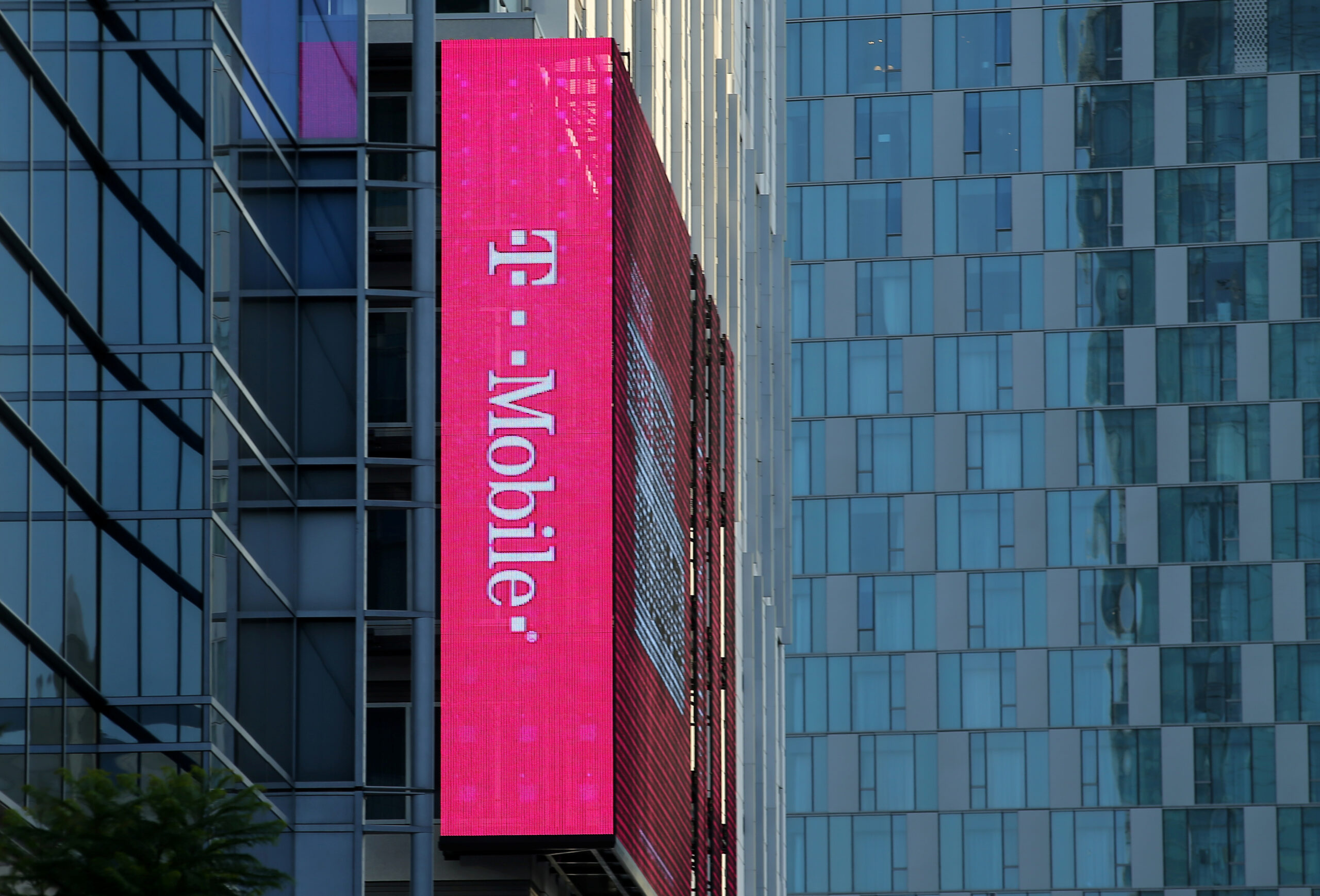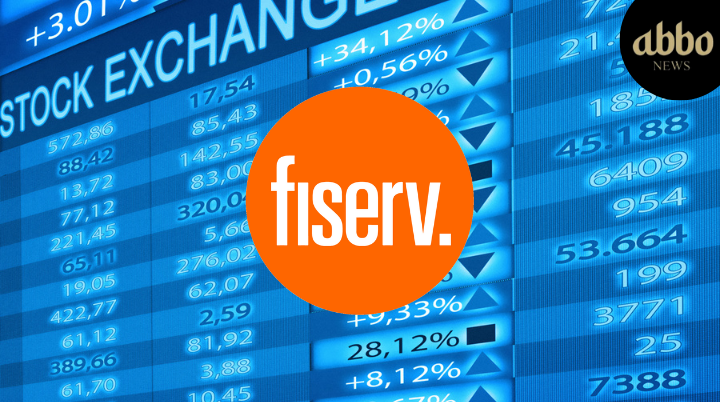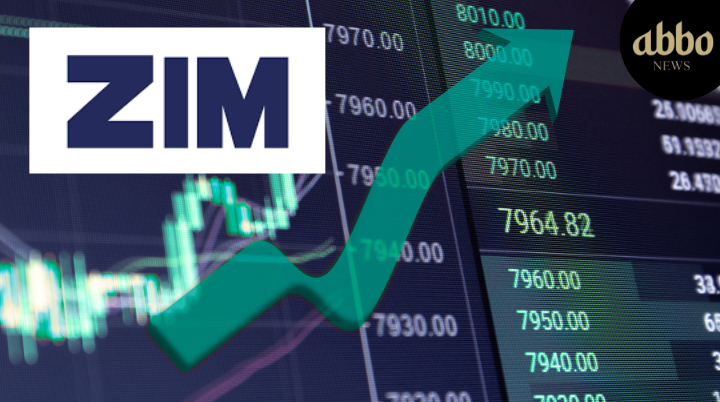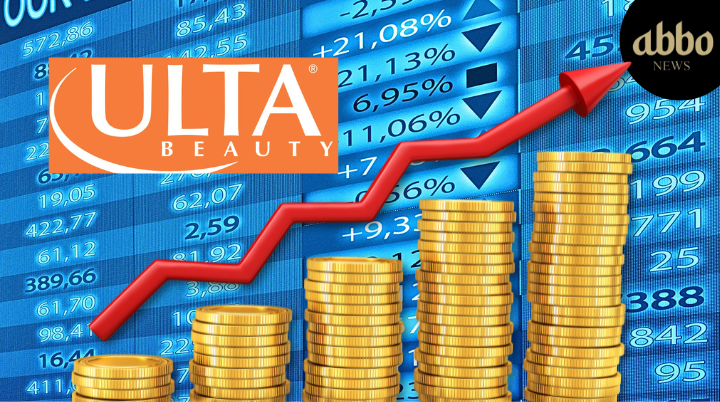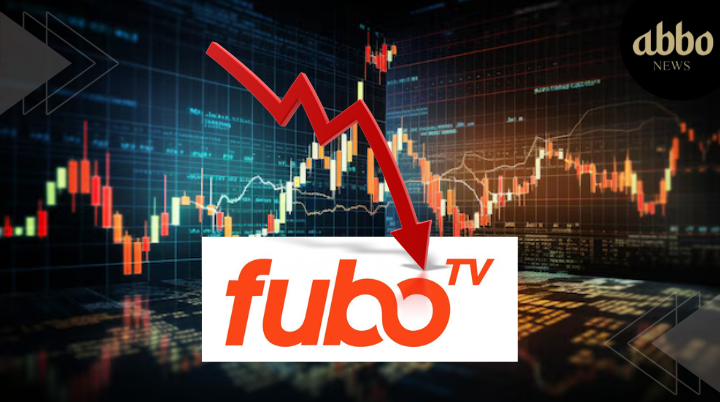On Wednesday, T-Mobile US (NASDAQ: TMUS) exceeded Wall Street expectations for quarterly wireless subscriber additions as more customers chose its discounted plans that bundle streaming services like Netflix (NASDAQ: NFLX), sending its shares up 2% in after-hours trading.
The company’s strong performance in customer growth is largely driven by its high-speed 5G plans, which are often more affordable than those offered by AT&T (NYSE: T) and Verizon (NYSE: VZ).
T-Mobile US (NASDAQ: TMUS), one of the top three telecom carriers in the U.S., has seen increased adoption of its premium plans like Go5G Next and Go5G Plus, which include streaming services.
Over 60% of new customers coming into T-Mobile are opting for one of the premium plans, Mike Katz, president of marketing, strategy, and products, told Reuters.
“When our existing customers decide to change rate plans, those are the plans that they change to the most frequently.”
The company added 865,000 postpaid phone customers in the third quarter, its highest for the period in a decade, surpassing FactSet estimates of 727,500 additions.
T-Mobile US (NASDAQ: TMUS) now expects postpaid net customer additions between 5.6 million and 5.8 million for the year, up from a prior outlook of 5.4 million to 5.7 million.
Rivals AT&T (NYSE: T) gained more wireless subscribers than expected in the third quarter, while Verizon (NYSE: VZ) projected 2025 capital spending above market estimates as the U.S. telecom giant builds out its high-speed internet business.
In any telecom earnings report, there are probably ten different metrics worth paying attention to and T-Mobile beat on every one, said MoffettNathanson analyst Craig Moffett. “Their best-network-lowest-prices strategy is working.”
Free cash flow, a metric closely watched by investors to help determine dividend payouts, came in at $5.2 billion in the third quarter, a record high for T-Mobile, above the $4.65 billion estimated by Visible Alpha.
The company posted revenue of $20.16 billion for the quarter, beating estimates of $20.01 billion, according to LSEG data.
(Source: ReutersReuters)
